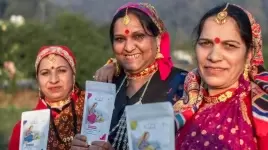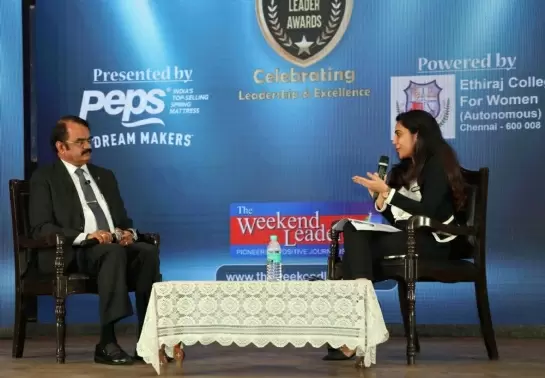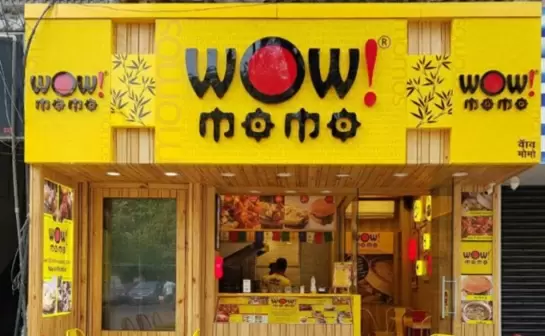At 71, street smart entrepreneur who built a Rs 200 crore turnover estimated hotel chain is now taking up a street for business
05-November-2022
Vol 13 | Issue 44
The septuagenarian Jose Dominic is making a dramatic comeback and possibly creating a new niche for India's tourism industry. Jose, always a man of ideas and vision had championed responsible tourism and took a lead in putting Kerala on the global tourism map.
Now, at the ripe age of 71, the veteran hospitality industrialist and sustainable tourism pioneer is back with a bang - in a new avatar with a new concept.
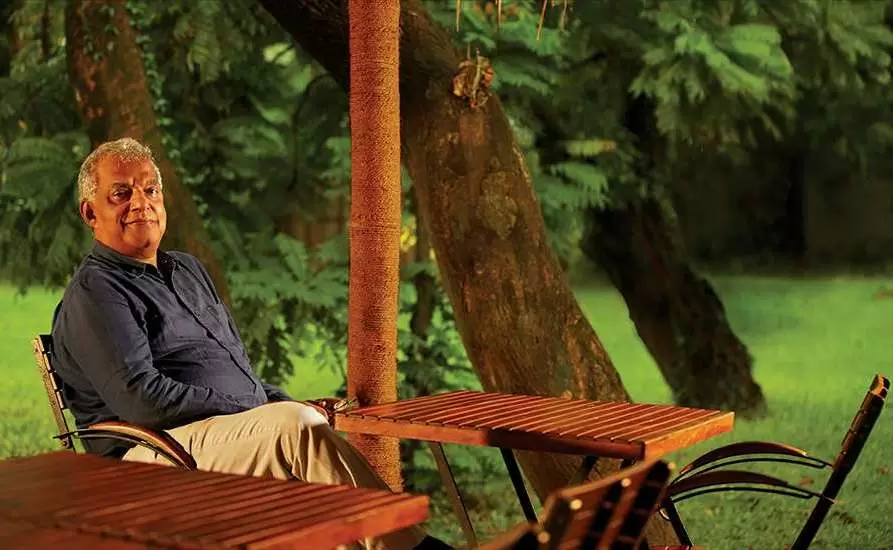
| Jose Dominic has developed a business model revolving around the Jew Street in Kochi (Photo Courtesy: Ritz Magazine) |
Jose is on the path to creating the first true street festival in the country modeled after some of the street carnivals of Italy, Spain, and to a lesser degree of Latin American countries.
He plans to rejuvenate the festive atmosphere of Jew Street in Mattancherry, Kochi, revive the old celebratory ethos of the place, and bring home some of the erstwhile residents every year, back to their street and roots, and to their old homes where they were born and brought up. The Kochi Jews are now dispersed around the world.
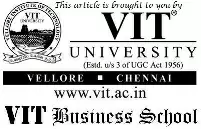
He calls his new enterprise a start-up, a raw fledgling in a world dominated by avant-garde Millenials and geeks. And once again, he is full of fight.
The last time he fought for his place in the sun was way back in 1988.
The bids for converting Bangaram Island in Lakshadweep into an international tourism destination had been opened and all the big boys of the tourism industry had put in their bids ranging from Rs 50-60 crore, and requesting a lead time of a couple of years to convert the tiny speck of an island into an international tourism destination.
Jose fought back. He didn't have access to crores of rupees like his competitors. And the property was to be opened just a few months away, timed with the opening of the vital air link with the mainland, Agatti airport.
He offered to invest a few lakhs of rupees and assured that the island would be converted into a tourist paradise in just a few months.
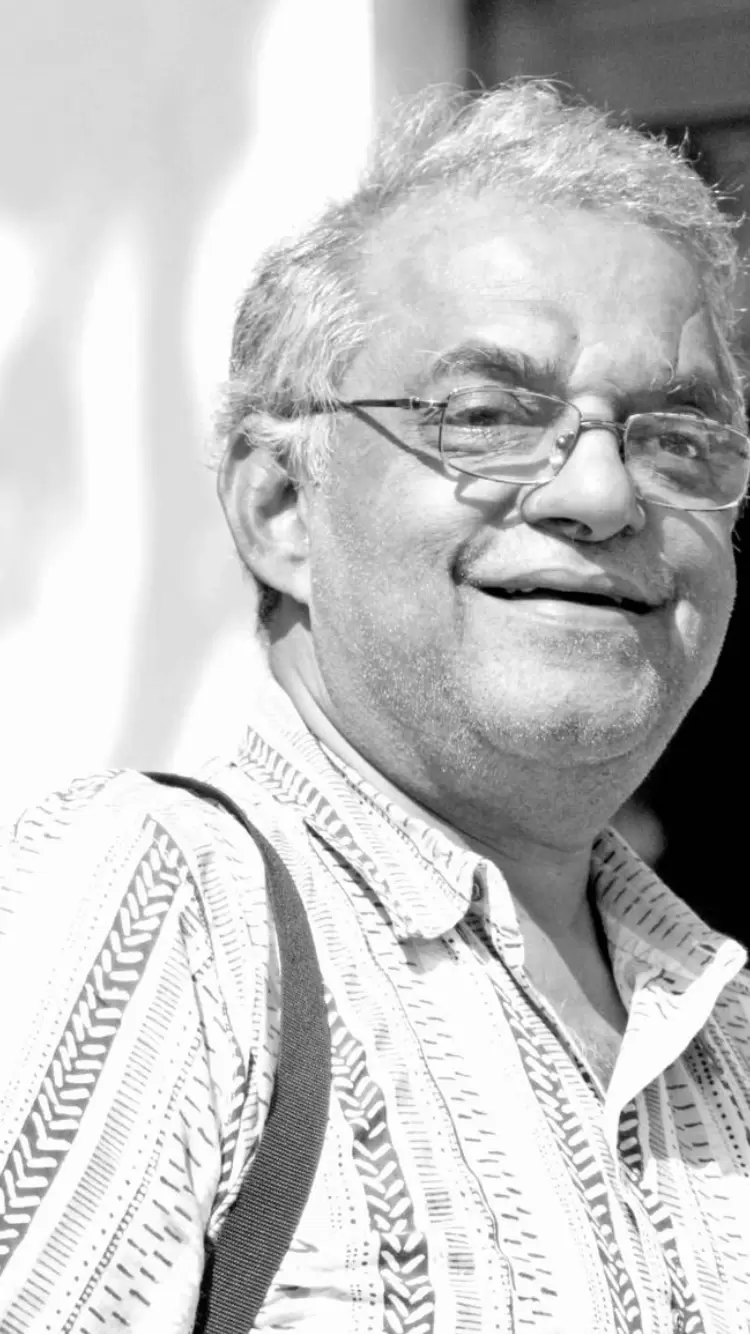
| Jose is a pioneer in responsible and sustainable tourism in Kerala (Photos: Special Arrangement) |
His mantra was simple: offer communion with nature - thatched cottages, a limited menu linked mainly to locally available food, fish, and materials, along with lots of pristine beaches, snorkeling and diving, and blissful sunsets.
Surprisingly, his offer was accepted and there's been no looking back. He has championed responsible and sustainable tourism ever since and become the votary of the thrifty yet ecological tourism model.
Guests to Bangaram had no access to newspapers, radio, television, telephone, or air conditioners and were offered frugal facilities. For being deprived of their 'worldly luxuries and pleasures, the tourists were charged a hefty tariff.
"The only comparable tariff in those days was the Oberoi Towers in Mumbai," recalls Jose. And yet, the global CEOs and top-notch professionals could never get enough of Bangaram island.
Back in 1978, Jose was recalled by his father from Mumbai where he was working as a Chartered Accountant, to run the small family enterprise, Casino Hotels.
Ten years later, the back to nature and sustainable tourism model launched in Bangaram Island provided a new business model and became the benchmark for all new ventures of the group.
The business turnover, which was less than Rs One crore when Jose took over in 1978 jumped to Rs 108 crore by 2008.
And the business model was experiential tourism with the visitors participating in the daily-life activities of the local people, their sowing and harvesting, their temple, and religious and other cultural festivals - pursuing yoga and Ayurveda.
And each new property that the Group opened had the same basic philosophy and commitment to nature, tourists, and the local community.
The Coconut Lagoon in Kumarakom celebrated the cultural and architectural heritage of Kerala. The Spice Village in Thekkady imbibed some of the traits of the tribal community in the tropical spice-growing region of the state.
When the local Queen Regent of Kollangode in Palakkad said that neither liquor, meat, or footwear had ever crossed the threshold of their palace ever since it was built and asked if the centuries-old tradition could be preserved while converting it into a hotel, the request was acceded. The idea seamlessly meshed with the Ayurvedic theme of the group.
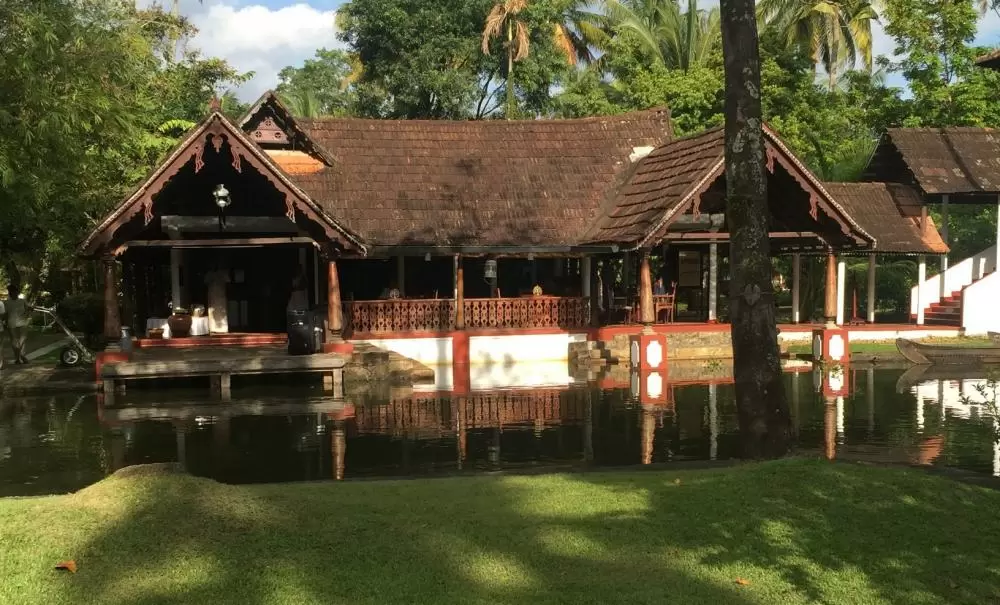
| Coconut Lagoon set up in 1993 is considered the first hotel on the backwaters of Kerala that attracted tourists |
Similarly, Yoga was the new mantra when the group opened their property in Gokarna in Karnataka.
Regaling the rich cultural and temple architecture history of Tamil Nadu, new properties came up in Chettinad and Thanjavur.
Properties in Puducherry celebrated the architectural and cultural legacy of the French and their descendants. They were all big hits with international tourists.
"During the peak Christmas and New Year season, the tourists had to book rooms a couple of years in advance. The down payment was always upfront. And yet, the tourists loved it," chuckles Jose.
Much of the resort properties which mushroomed across Kumarakom, Thekkady, Munnar, and Wayanad, imbibed and followed the same principles of the CGH Earth group: no high-rise buildings, a small cluster of cottages, in symphony with nature, and within the carrying capacity of the land. The rub-off on the state's tourism began to be felt by the 90s.
The state government, in turn, encouraged and promoted such localized tourism, which were both environment-friendly and sustainable.
Militant trade unionism of the 70s, 80s, and into the 90s kept a check on smoke-belching brick-and-mortar industries but provided the most congenial atmosphere for tourism development.
“Less pollution, more greenery, rejuvenating air, and startlingly fresh vegetative cover, the Reds kept Kerala green. And provided an apt atmosphere for tourism to thrive," laughs Jose.
For forty years, from 1978 - 2018, Jose held sway over the company. Then, he handed over the reins to his younger siblings and the next generation of children. The group had become a pan-peninsular Indian company.
With around 25 properties and a footprint across the states of Kerala, Karnataka, Tamil Nadu, Puducherry, and the Andamans, industry sources estimate the current turnover of the company at over Rs 200 crore.
Although Jose himself might call his new venture a start-up, it is much more of a community project, with the resident shopkeepers, antique sellers, hoteliers, trinket shops, barber, tailor and chaiwala, all poised to become stakeholders in the project.
Jose has already invested his preliminary stake in the project. He has purchased two houses earlier owned by Jews, and restored and retrofitted them to their old grand grandeur.
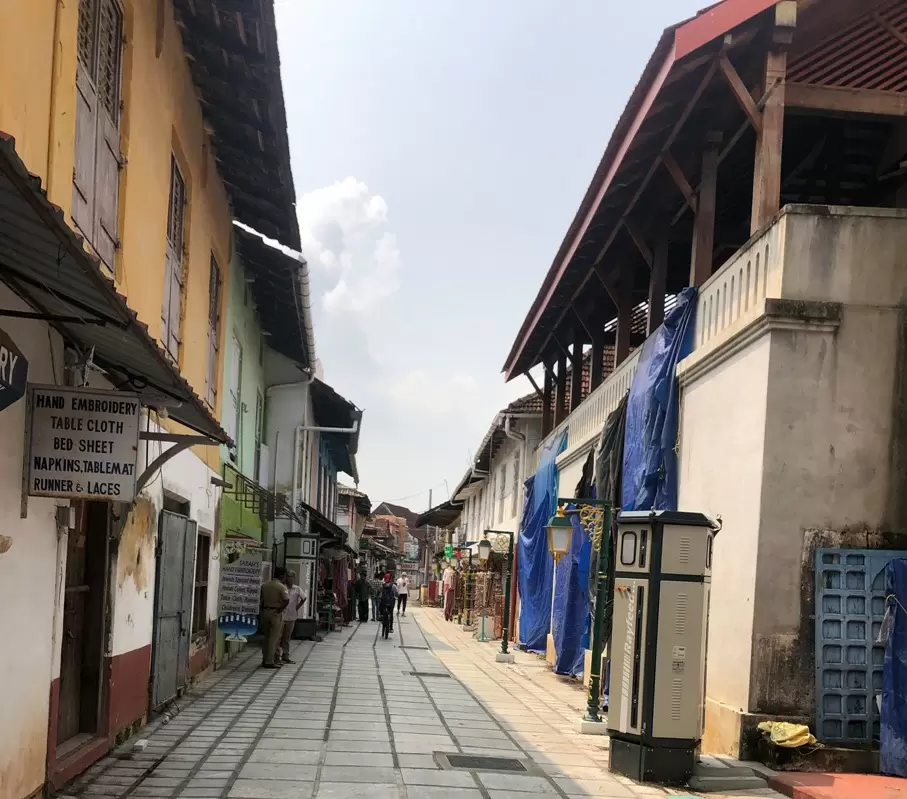
| On Synagogue Lane ancient Jewish homes have been converted to tourist residences |
He has also purchased a godown where spices were brought from the highlands, stored, traded, and shipped abroad. "Now it has been converted into a tribal art museum, something that will be of interest to domestic and international tourists,” says Jose.
Others are also joining the project. Architect Tony Joseph has bought a huge old Jewish home, Mandalay House, spruced up the five bedrooms, and added a swimming pool and restaurant.
Rocky Neroth, trader and merchant, has bought two properties and is refurbishing them. All on the same narrow Jew street - the street which ends at the synagogue. All these small beginnings are giving a new lease of life to the street.
"The old world is behind us and we, the new residents are in the process of reviving and revitalizing Jew street, back to its bustling glorious years when the flavor of spice and condiments filled the air, shops were full of customers, the hotels were full and the restaurants were overflowing with people,” says Jose.
For his part, Jose plans to bring back the Jews, the old residents of the street, back to their refurbished old homes.
The Jews, with their children and grandchildren in tow on annual visits, would provide business not only for his restored old homes but also for the small hotels, restaurants, antique shops, tour operators and taxis which ply the streets.
Life on the street will once again be guided by the surge and fall of foreign tourist arrivals, which in turn will be matched and supplanted by domestic and local tourists, adds Jose.
Later, as the life, vibrancy, and vitality of the street grows, he hopes to revive the Jewish traditions of the street. Celebrate some of the Jewish festivals with pomp and vigor. And, like in the old days, bring back the tradition of dining on the street, on tables and chairs with music and dancing.
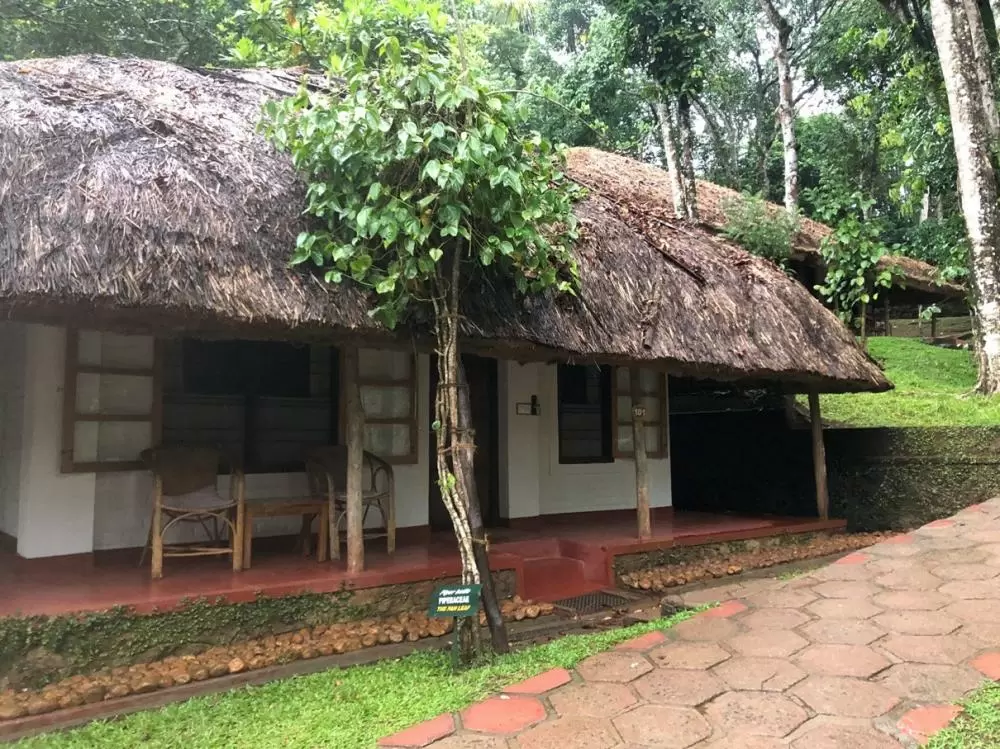
| Spice Village 1991 . After Bangaram Island Resort in Lakshadweep, the first project on the mainland |
And it is going to be organic growth. Every additional footfall means additional business. The seeds of the project have been laid. It's still too early to assess if the project is at the take-off stage yet, says Jose. But every additional footfall counts.
And like his earlier venture where his successful business model was emulated and extended by other enterprises in the state, he expects the same participation and cooperation among all the stakeholders.
"It is only when the project becomes a social success that the commercial success will begin to follow," adds Jose.- ©TWL







